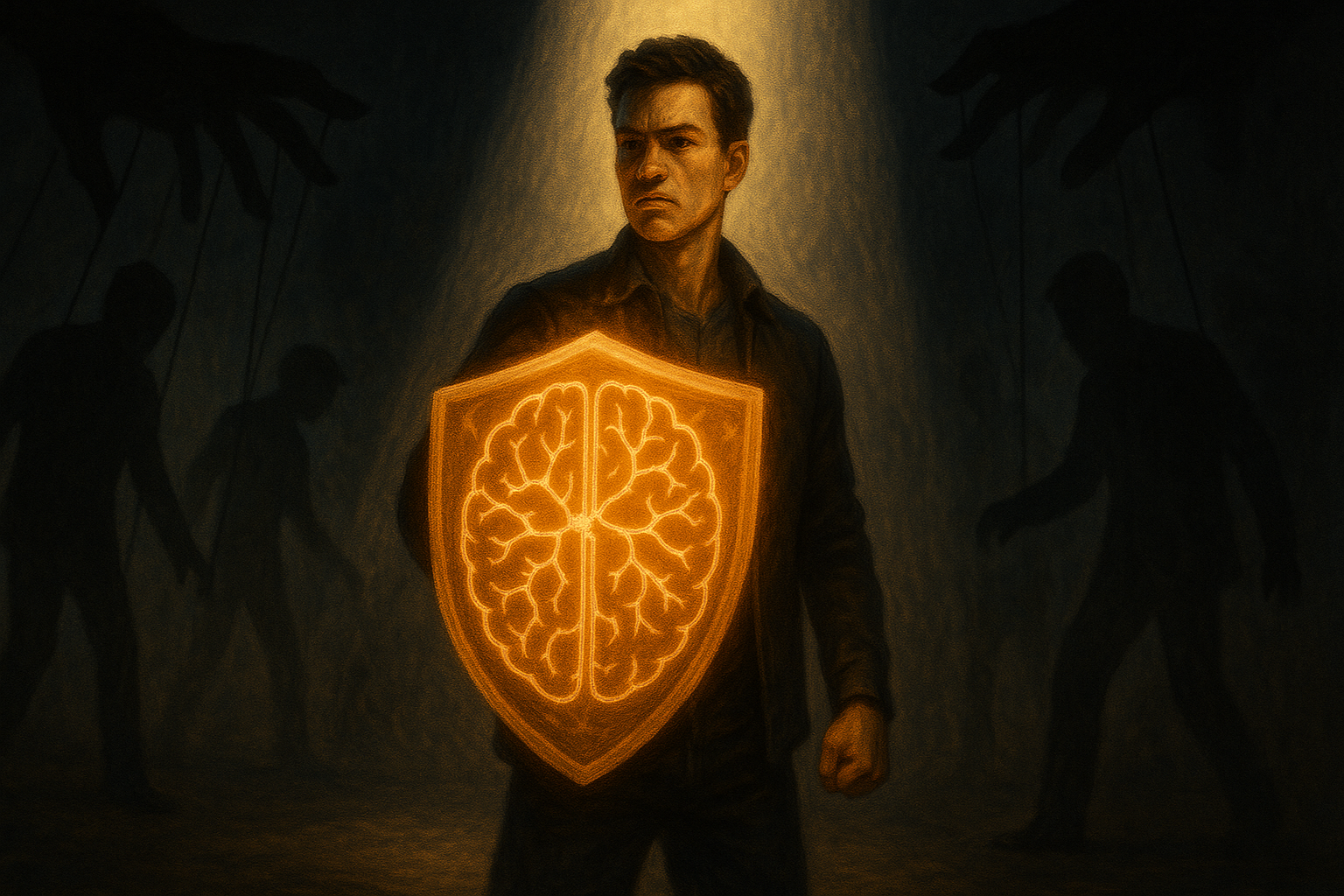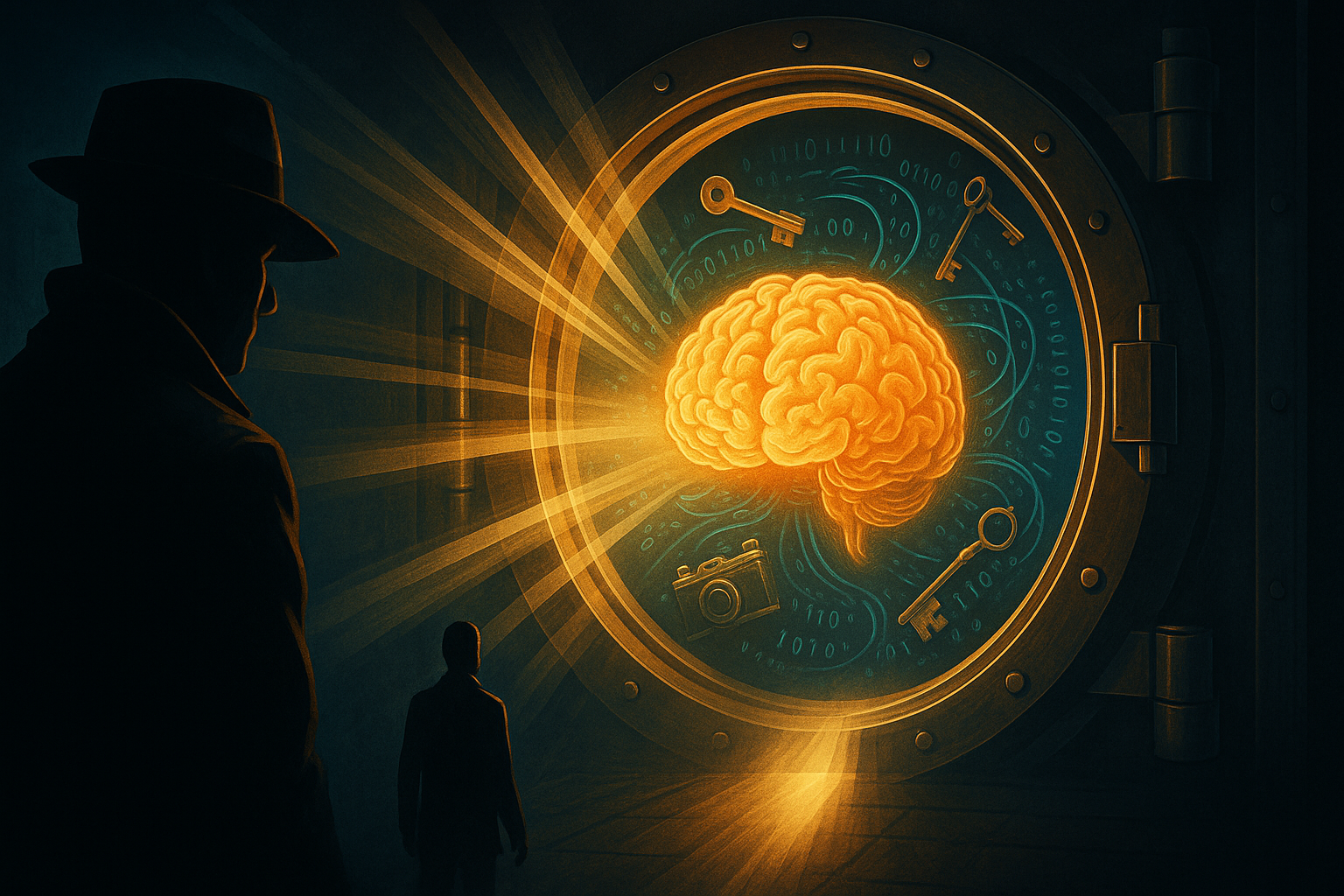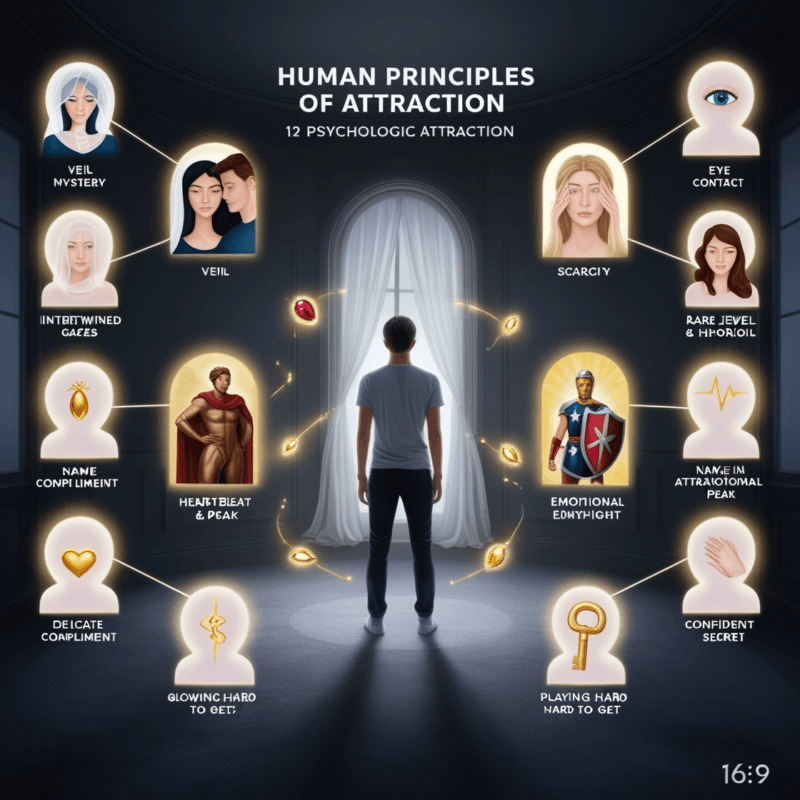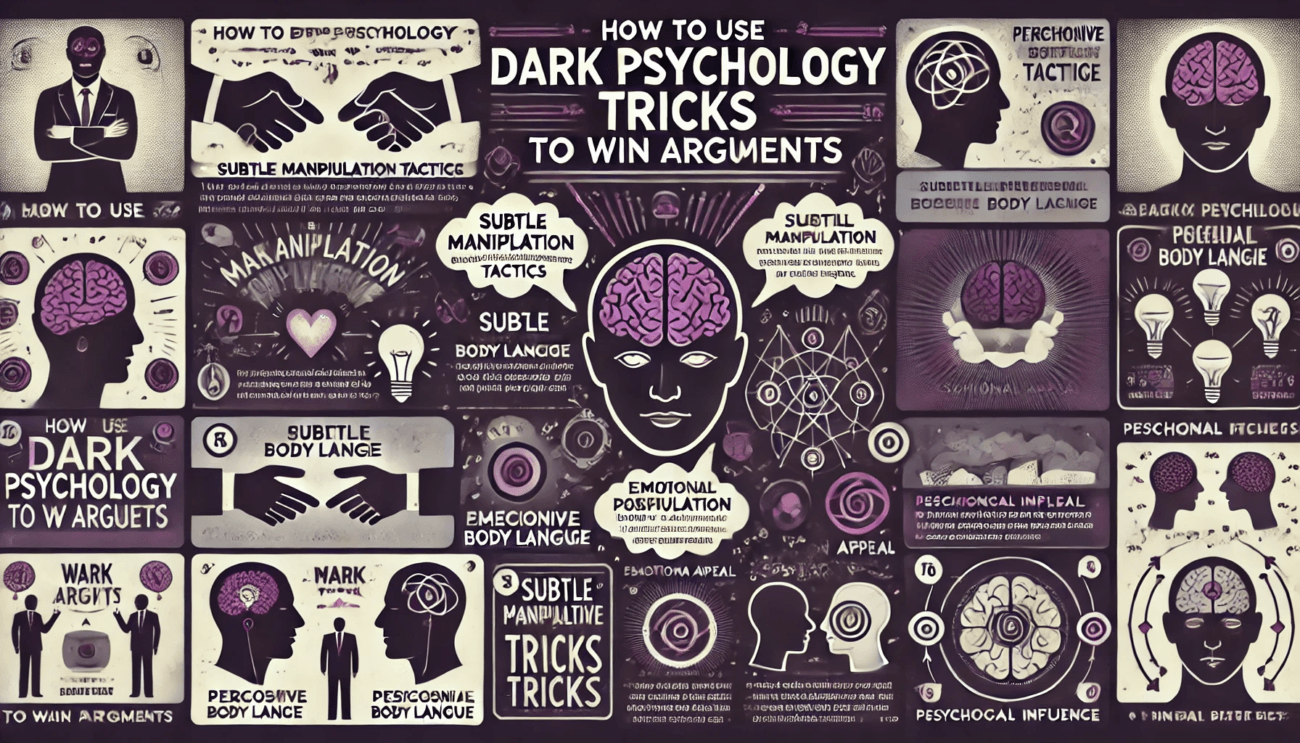The Dark Art of Human Hacking, Explained by Insiders
What if I told you the CIA has perfected the art of hacking—not just computers, but people? Forget what you think you know about spies and secret agents. The real magic happens not with gadgets, but inside the mind—yours and theirs.
Today, we’re pulling back the curtain on how CIA covert officers use psychology to get inside the heads of their targets, extract secrets, and bend even the most loyal sources to their will. These aren’t parlor tricks. This is deep human engineering, built on the latest neuroscience and honed by decades in the shadows.
Let’s dive into the science—and the dark tactics—of the world’s best manipulators.
The Dopamine Trap: Why the Chase Feels Better Than the Prize
Here’s a secret the CIA knows well: The pursuit of a goal is chemically more addictive than actually achieving it.
It sounds counterintuitive, right? You might think the real high comes from getting what you want. But brain chemistry says otherwise. When you finally hit your goal—land the job, win the game, make the sale—you get a single dopamine rush. It feels good, but it’s short-lived.
But in the pursuit? That’s where the real action is.
Every little step toward your goal gives you a hit of dopamine—a tiny reward from your own brain. Every time you make progress, your brain lights up. But every setback? That’s a jolt of cortisol, the stress hormone. This constant push and pull is what keeps you hooked. It’s the same dynamic behind toxic relationships, manipulative bosses, and, yes, spycraft.
Spies use this cycle—reward, stress, repeat—to train their targets, keep them hungry, and drive them to reveal what they know.
Manipulation Is a Science (and an Art)

You might be surprised to learn that manipulative relationships work on the exact same principles as CIA tradecraft. That feeling of never quite being good enough? The stress of chasing approval from a distant boss, or affection from an unpredictable partner? It’s all about hacking your brain’s chemical system.
In espionage, officers purposely create these cycles in their targets. If you’re always chasing approval or validation, you’re easier to control. You’ll do more for a hit of dopamine—the feeling of being “one step closer” to winning someone over.
That’s not by accident. That’s by design.
How Spies Break Down Resistance

Let’s get specific. When a CIA officer wants to turn a target—say, a foreign diplomat or an employee at a sensitive company—they’ll engineer this emotional rollercoaster.
- Build Trust, Then Pull Away:
The officer makes the target feel special, important, chosen. Then, unpredictably, they withdraw, become cold, or raise the bar. The target starts to crave that lost validation—and will work harder to get it back. - Micro-Reward System:
Just like a boss who only occasionally gives praise, the officer offers rewards (attention, gifts, secrets, flattery) at unpredictable intervals. The uncertainty is addictive. It keeps the target coming back. - Leverage Failure and Stress:
Each setback—a perceived failure, a mistake, a “test” they fail—causes stress, even shame. But each small win (real or manufactured) delivers a dopamine rush. The cycle deepens. - Escalate the Stakes:
As the target becomes more invested, the psychological stakes get higher. The officer suggests they’re “almost” trusted, “almost” in the inner circle. The promise is always just out of reach—until the target does what the officer wants.
This method isn’t just about getting secrets. It’s about building psychological dependence. And it works—whether in a high-stakes spy game, a manipulative relationship, or a toxic workplace.
Are You Being Played? Signs of Psychological Manipulation

You don’t need to be a spy to fall into this trap. These tactics show up everywhere in real life:
- You constantly chase approval from someone who rarely gives it.
- You feel anxious when you’re ignored, but ecstatic when you get attention.
- You feel like you’re always “almost there,” but never quite enough.
- You experience intense highs and lows, driven by another person’s unpredictable behavior.
Sound familiar? That’s by design. The same psychological tools used by CIA officers are at work in toxic workplaces, abusive relationships, and manipulative friendships. Recognizing the cycle is the first step to breaking free.
The CIA’s Greatest Weapon: Your Own Brain
In the movies, spies use gadgets and guns. In reality, their most powerful weapon is psychology. By understanding how human motivation works—how our brains are wired for reward and stress—they can turn almost anyone into an asset.
Here’s the punchline: Anyone can use these tactics. They’re baked into human nature. Advertisers, influencers, politicians, and yes, intelligence agencies, all use the same principles.
The question is: Are you the one controlling the game, or are you the pawn?
How to Defend Yourself Against Human Hacking

Want to avoid being manipulated? Start by recognizing the signs:
- Notice the Cycle:
Are you chasing someone’s approval more than you’re getting it? Do you feel “on edge” when you’re not rewarded? - Set Your Own Goals:
Don’t let others dangle the prize. Decide what matters to you, and stick to it. - Resist the Highs and Lows:
When someone’s behavior makes you feel like you’re on a rollercoaster, step back. Emotional stability is your shield. - Demand Consistency:
Real respect and trust aren’t given in tiny, unpredictable bursts. They’re steady and mutual.
If you can master your own reward system, you’re already one step ahead of the world’s most skilled manipulators.
Final Word: The Truth About Spy Tactics

The CIA’s secrets aren’t so secret after all. The real “tradecraft” is human nature itself. Understand the chemistry of motivation—the interplay of dopamine, cortisol, and emotional reward—and you’ll see the games being played all around you.
Whether you want to protect yourself from influence… or learn the art of persuasion yourself… remember: the most powerful secrets are the ones hidden in plain sight, inside the human mind.
Inspired by the real methods of CIA covert officers. For more on human hacking, influence, and spy psychology, follow our blog and share your thoughts below!
People also ask for:
What is a mind hack in psychology?
What is the coolest psychology trick?
How is the psychology behind hackers?






